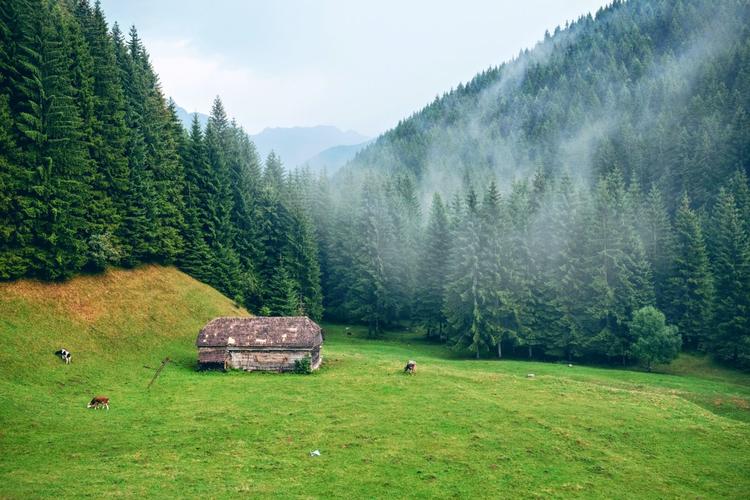Unpacking Malaysian Cultural Norms: Understanding Customs and Traditions
Malaysia is a multicultural country with various customs and traditions, thereby making it a melting pot of diverse cultures. From food to clothing, language, and festivals, the country is rich in cultural customs and norms that are worthy of exploration. If you are interested in learning more about Malaysian customs and traditions, then this article is a great place to start.
Religion and Customs
Islam is the official religion of Malaysia, which influences the customs and traditions practiced in the country. For instance, Muslim women are required to wear a headscarf and cover their bodies in public, while men are not allowed to wear shorts or sleeveless shirts in mosques. Additionally, Muslim Malaysians adhere to fasting during Ramadan, have prayer breaks during the day, and follow strict dietary rules that prohibit the consumption of pork and alcohol.
However, Malaysia is a religiously diverse country, where Buddhism, Christianity, and Hinduism are also practiced. These religions also influence Malaysia’s social customs. For instance, Malaysians practice the mutual respect of elders, where the young people are expected to show respect to their parents, teachers, and senior citizens. During festivals, Malaysians also exchange gifts with their loved ones, which aligns with the Buddhist principle of spreading kindness and compassion.
Food and Drink
Malaysia’s diverse cultural heritage also affects its cuisine, which is notoriously tasty and unique. Malaysian food blends different flavors and ingredients from different parts of the world. Malaysians typically eat rice and seafood, beef, or chicken dishes cooked in curries or stews. Non-Muslim Malaysians enjoy pork-based dishes, while Indian Malaysians make a variety of vegetarian dishes. Malaysians also love their sweets and desserts, with Kuih being a well-known delicacy.
In terms of drinks, Malaysians start their day with a rich dark coffee or tea and often drink milk tea or bubble tea during the day. Malaysia has its famous fruit juices such as mango and lychee, which are refreshing on a hot day.
Festivals and Customs
Malaysia’s diverse cultural mix influences its numerous festivals. Malaysians celebrate festivals such as Chinese New Year, Deepavali, and Hari Raya Aidilfitri, all with major festivities where friends and family come together.
Chinese New Year is celebrated by Malaysians of Chinese descent with dragon and lion dance performances and visiting friends and relatives to exchange gifts. Hari Raya Aidilfitri is celebrated by Muslim Malaysians after the month-long Ramadan where families will host open houses and serve traditional food such as satay, ketupat, and rendang.
Conclusion
Malaysia is a culturally diverse country, where customs and traditions are always evolving. As a result of its history, including influences from Portuguese, Dutch, British, and Indian cultures, Malaysian customs and traditions are rich and varied. Understanding these traditions can help to build a harmonious society that embraces diversity.
So if you are planning a trip to Malaysia or want to learn more about the country’s culture, be sure to explore its customs and traditions. From food, drink and festivals to social customs, Malaysia has a rich and unique culture that is worth experiencing.
(Note: Do you have knowledge or insights to share? Unlock new opportunities and expand your reach by joining our authors team. Click Registration to join us and share your expertise with our readers.)
Speech tips:
Please note that any statements involving politics will not be approved.
